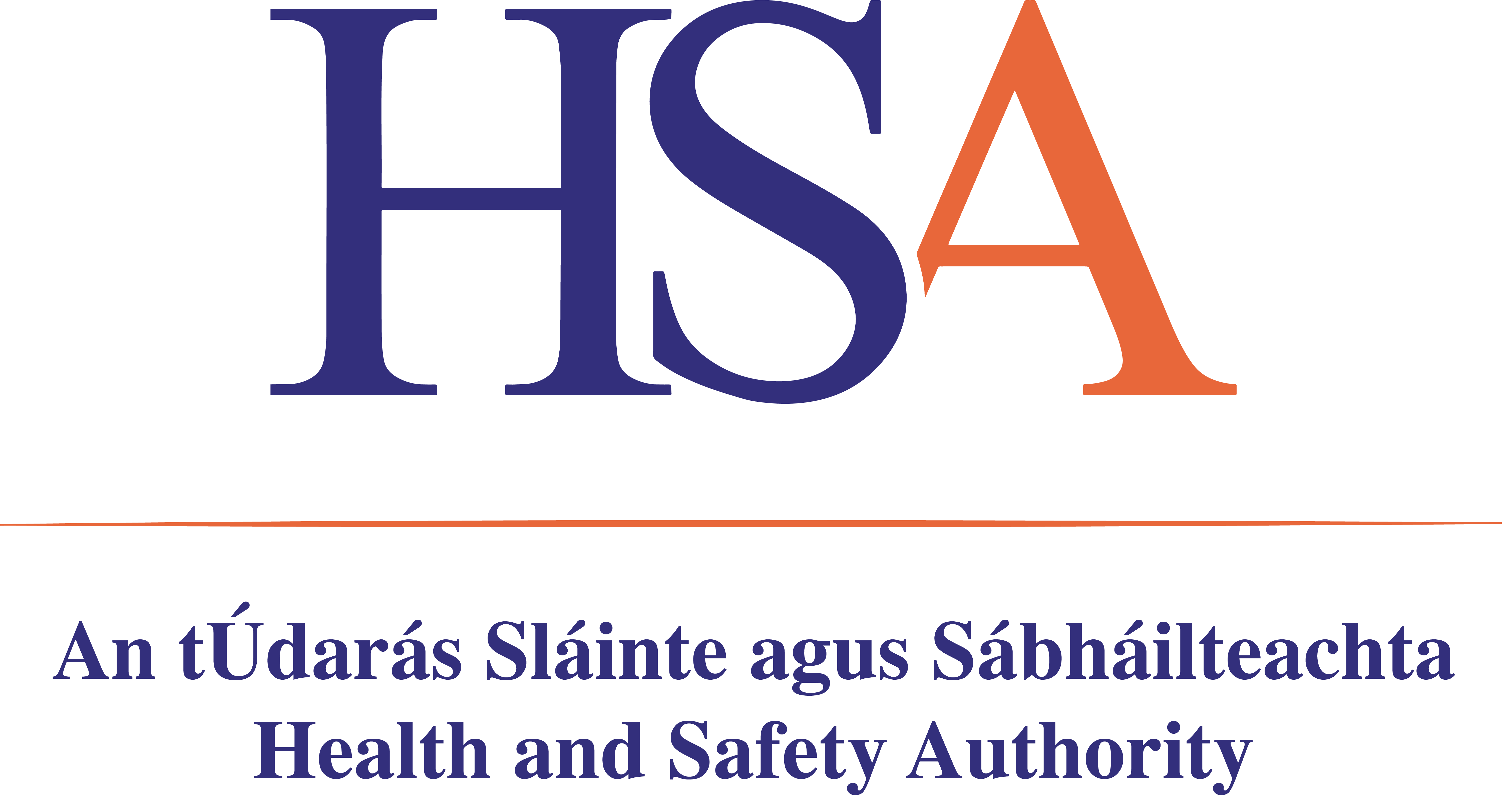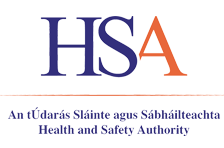Proposed Draft legislative changes to EC (Carriage of Dangerous Goods by Road and Use of Transportable Pressure Equipment) Regulations 2011 to 2023
The Health and Safety Authority invites submissions from interested parties to a public consultation on proposed draft amends to the European Communities (Carriage of Dangerous Goods by Road and Use of Transportable Pressure Equipment Regulations), 2011, (S.I. No. 349 of 2011) as amended.
The proposed draft amends aim to update the existing regulations for the inspection of national tanks for the transport of dangerous goods.
In particular, the following is proposed:
- The removal of the current exemption for national fuel tanks to undergo hydraulic testing.
- The removal of tanks deemed unfit for use from service.
- The introduction of new requirements for competent persons and national tanks regarding the documentation of test procedures, retention of tank records, the issuing of certification forms and the marking of tanks.
- The requirement for LPG Annex C tanks to be inspected by accredited inspection bodies.
- The prevention of pre-2003 tanks or tank-vehicles from being imported into the State.
Background to the proposed amends
ADR is the acronym given to the Agreement Concerning the International Carriage of Dangerous Goods by Road, which was made at Geneva in 1957 by the United Nations Economic Commission for Europe and amended in April 1985. Ireland is a Contracting Party to the ADR.
The ADR sets internationally agreed standards for the design, construction and testing of tanks carrying dangerous goods. It is implemented in Ireland under the European Communities (Carriage of Dangerous Goods by Road and Use of Transportable Pressure Equipment Regulations), 2011, (S.I. No. 349 of 2011) as amended.
There is currently a two-tier system in Ireland comprising national tanks and ADR tanks. This two-tier system started around 2001 when Ireland moved both legislatively and eventually formally as a Contracting Party and acceded to the ADR in 2006. At the time of the transition, provision was made in national legislation for tanks in operation prior to 2003 to allow their continued use as they were not in compliance with ADR, these are referred to as «national tanks». These national provisions have remained largely unchanged since 2003.
All tanks develop structural problems over time which can manifest as stress fractures in the shell of the tank or intercompartment failures, as well as corrosion impacting on shell thickness, and other deterioration. Such deterioration can and has resulted in loss of containment. It is therefore important to address the gap in the testing and inspection regime of an ageing population of tanks and manage the eventual removal from service of tanks that are deemed not fit for use.
ADR standards have been under continuous regular review since 2003 which means there is currently an even greater difference between the test and inspection regime for national tanks compared with ADR tanks. Considering the age of our national tanks, it is now timely that the remaining cohort of tanks is addressed under a more robust legislative inspection and testing regime.
The intention is to have a fully ADR compliant tank population in Ireland in time, but national tank provisions are still necessary for certain categories of tanks such as LPG Annex C tanks, in addition to making provisions to manage the ageing population of existing national tanks in the interim.
The key differences in the existing national tank regulations compared with those proposed are as follows:
- Hydraulic testing - this test subjects the tank and tank compartments to hydraulic stresses, as would be the case when the tank is in use, and can identify critical structural flaws, such as fractures in the tank shell or between tank compartments. While all national fuel tanks carrying petrol, diesel or kerosene are currently exempted from this test requirement the proposal would remove this current exemption and require them to be tested in line with their tank design.
- Competent persons are tank inspectors (or companies) who are allowed to perform tank testing on national tanks as covered under current national tank requirements. The current legislation allows for competent persons to inspect and test national tanks. Competent persons are not required to be registered and are not required to hold detailed tank inspection procedures. ADR tanks, however, require tank inspection bodies to be accredited and they must have detailed inspection procedures based on specified international tank inspection standards.
There is also no requirement for accreditation of tank inspectors for national tanks (including LPG1 Annex C tanks 2) and thus the difference between ADR and national legislation is therefore considerable.
The proposed change would provide for LPG Annex C tanks to be inspected by accredited inspection bodies.
It would not require competent persons to become accredited, but to develop documented test procedures, issue certificates and maintain tank records and to upgrade the marking of tanks.
- National tank provisions do not currently make accommodations for specific tank design types. It is important to acknowledge there are key differences in tank design and there is a need to modify testing and inspection accordingly. ADR recognises and provides for such testing and inspection. This will also be addressed in the proposal.
Some key points
- The proposal will not require competent persons to become accredited. Accreditation will however be required for the inspection of LPG Annex C tanks in line with current custom and practice.
- The introduction of new requirements for competent persons and national tanks would provide clarity and traceability for all stakeholders.
- The introduction in legislation preventing the importation of pre-2003 tanks from outside of Ireland for the carriage of dangerous goods is to ensure that we move closer to an ADR tank population in Ireland.
Consultation process
Copies of the regulatory impact analysis associated with these proposed draft amends, the proposed draft amends and draft schedules to the legislative proposals are available below
- Regulatory Impact Analysis
- Proposed Draft legislative changes to EC (Carriage of Dangerous Goods by Road and Use of Transportable Pressure Equipment) Regulations 2011 to 2023
- Draft schedules to the legislative proposals
Feedback
You are asked to provide your feedback in the documents below:Please download the documents below and return your observations by email to WebContent@hsa.ie before Thursday 31st of October 2024 17:00.
- Specific questions relating to some of the proposed draft amends;
- General feedback table to each of the individual proposed draft amends;
By providing your feedback you are allowing the Health and Safety Authority permission to contact you in relation to this Public Consultation.
2. Annex C tanks are not compliant with ADR and are permitted in Ireland in accordance with Regulation 54 of our national regulations, the European Communities (Carriage of Dangerous Goods by Road and use of Transportable Pressure Equipment) Regulations 2011 to 2023.

